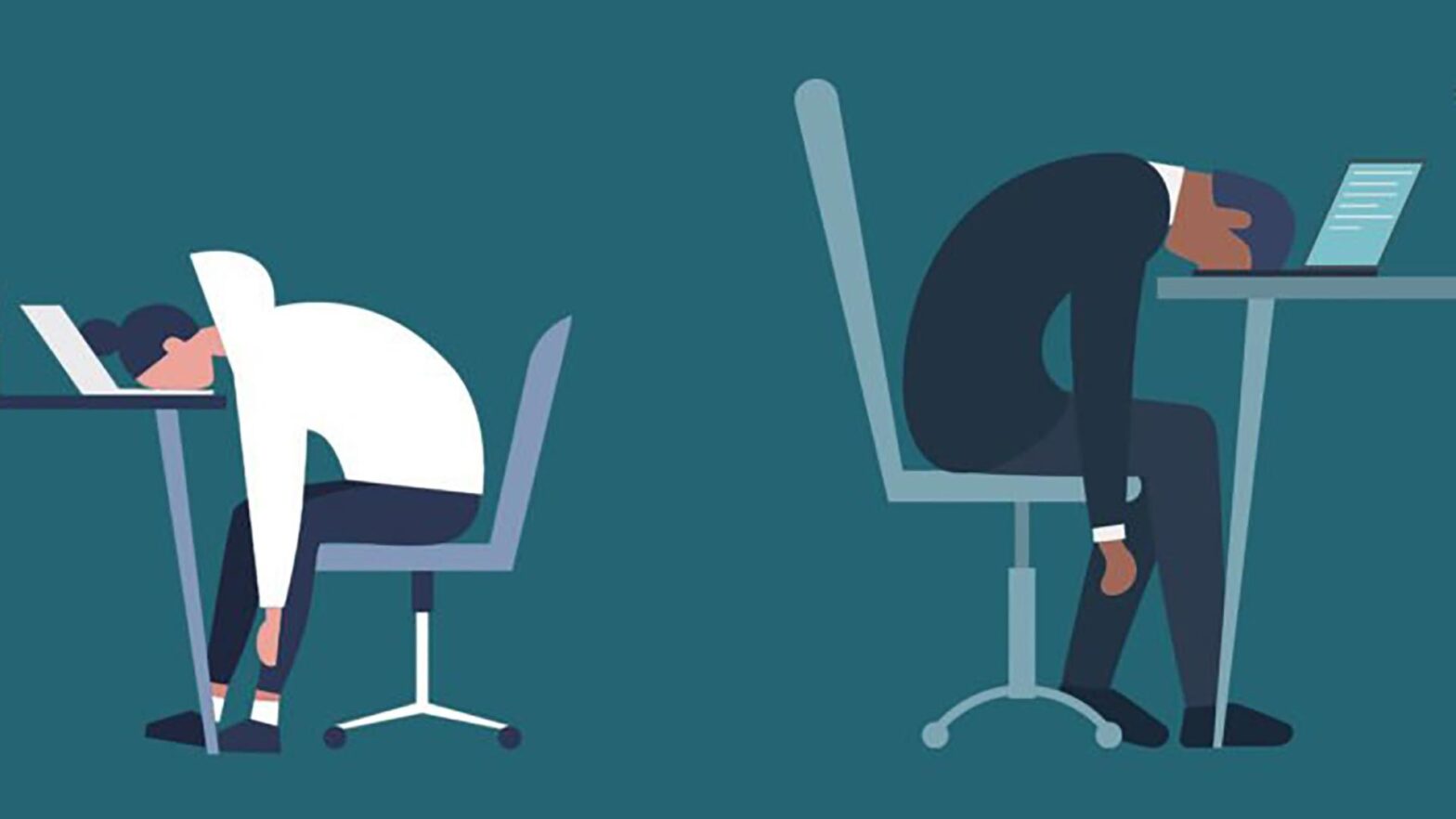As the world navigates through the COVID-19 pandemic, it has become more critical for companies to address their employees’ mental health. The pandemic has had an adverse effect on the mental well-being of people globally, with the World Health Organization reporting a rise in cases of depression and anxiety.
Therefore, companies have an essential role to play in addressing this challenge. By supporting their employees’ mental health, companies can help increase productivity, reduce absenteeism, and improve overall job satisfaction. Here are three ways companies can support their employees’ mental health through SEL:
1. Offering Counseling and Coaching Sessions
Companies can provide access to professional counseling services for their employees to get the support they need. Starbucks, for instance, launched a mental health initiative that offers employees 20 free counseling sessions with a mental health therapist or coach. RedDoorz, a budget hotel booking platform, provides online counseling sessions led by certified counselors and psychologists. The program is open to the company’s staff and employees working at its partner hotels.
2. Providing Access to Online Mental Health Resources
Companies can offer access to wellbeing apps and other online resources designed to reduce stress and anxiety. Unilever launched a 14-day mental wellbeing resilience program for its global employees. The program covers a range of topics, including dealing with negative thoughts and reinventing routines during lockdown. EY is offering live daily workouts online through its EY Exercise program, and employees can attend seminars covering other aspects of holistic wellbeing, including nutrition and sleep.
3. Allowing Greater Flexibility and Time Off
For employees caring for family members, flexibility is crucial for their mental health. Some companies, such as Kickstand Communications and Wattpad, are allowing their employees to work a more flexible schedule. They can also take some time off to reset and recharge. Goldman Sachs has given all employees an extra 10 days of family leave to handle “unique personal circumstances related to the profound impact of Covid-19.” Microsoft is also offering extended leave benefits to all employees who are working parents.
Takeaway
In today’s world, companies are realizing the importance of prioritizing their employees’ mental health and well-being. The pandemic has brought unprecedented challenges, which have had a profound impact on the mental health of individuals worldwide. As a result, companies are taking significant steps to address this critical issue and create a supportive work environment.
One of the key ways companies can support their employees’ mental health is by offering counseling sessions. Counseling sessions provide employees with a safe space to discuss their mental health concerns, helping them to cope with the stressors of daily life. Additionally, companies can provide access to online mental health resources, which can be an effective way to help employees improve their mental health and well-being. These resources can include virtual mental health assessments, online support groups, and stress management techniques.
Furthermore, companies can support their employees’ mental health by allowing greater flexibility and time off. Employees need time to recharge and take care of their mental health, and companies that prioritize their employees’ well-being recognize the value of offering flexible work schedules and paid time off. By allowing their employees to take the time they need to focus on their mental health, companies can help reduce stress levels and improve overall job satisfaction.
In conclusion, companies that prioritize their employees’ mental health and well-being are not only doing the right thing but also improving productivity, reducing absenteeism, and enhancing overall job satisfaction. It’s a win-win situation that benefits everyone involved. As the world continues to navigate the challenges of the pandemic, it’s essential that companies take proactive steps to support their employees’ mental health and create a work environment that fosters well-being.

